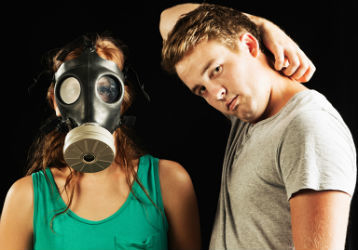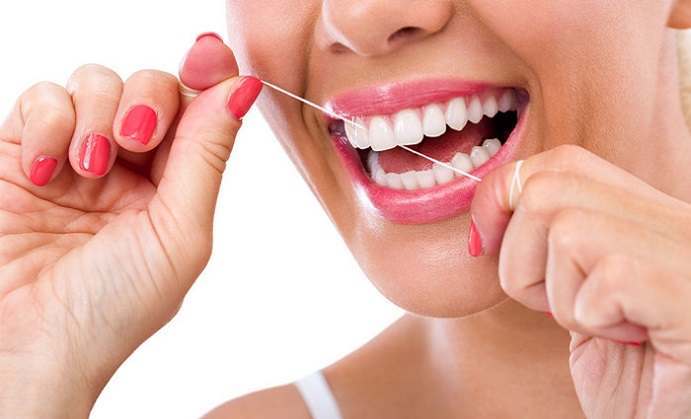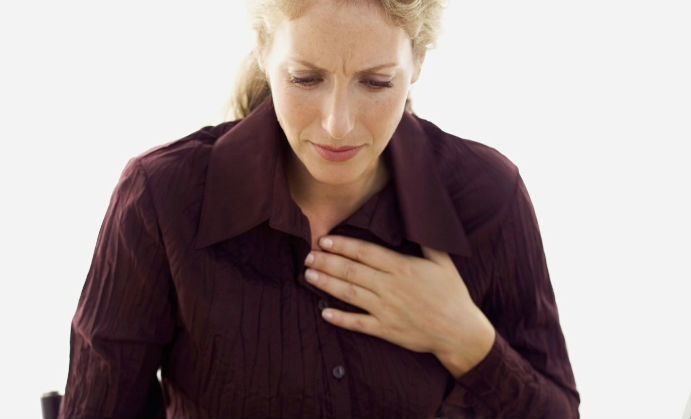With sweat being a plague we all suffer everywhere we go, it is a relief that University of York sheds some light in one of their recent studies.
One of the bacterias that circulate our body, Staphylococcus Hominis, makes our odor a little worse through breaking down our molecules that get secreted when we sweat. Just to put this into perspective – this bacteria under your arms can fill this living planet over and over again, a little crazy I know. This is essentially the start of research showing the active molecular pathway that hasn’t been understood before.
Scientists have found the genes that encode the proteins that produce free thioalcohols, one of the largest contributors to making us smell while we sweat. Ever thought your gym clothes stink more the longer you leave them lying around ? You would think they wouldn’t, because you are no longer sweating in them. However this is not the case. The reason is because the bacteria has been able to feed on your sweat which produces more thioalcohols.
Although it only takes a very small amount of this particular bacteria to make you really smell – it can still account for the terrible body odor we all dislike so much. Bawdon states, a lot of the bacteria are seen to not actually produce this and only some do create this reaction causing foul body odor. Luckily for us, researches may just be onto figuring out how this checmical process is conducting itself and how we can stop it.
At the moment we have the usual products on the market to help stop or reduce the smell for around 12-24 hours – such as; deodorants or antiperspirants. Wouldn’t it be nicer if there was something that actually targeted thioalcohol production?
 Don’t get too excited – although this is great news, stopping our smelly sweat is a fair way away. If it even becomes possible for them to stop the odor smelling process, Preti states that it would have to be processed through rigorous approval standards in order for us to get our hands on it.
Don’t get too excited – although this is great news, stopping our smelly sweat is a fair way away. If it even becomes possible for them to stop the odor smelling process, Preti states that it would have to be processed through rigorous approval standards in order for us to get our hands on it.
Just so we know – it’s not entirely our fault when we smell bad. It also has a lot to blame on our genes – Thanks mum. Callewaert has an approach to replace bad bacteria with good bacteria in order to aide a better smell. He tested this out on twins whom one smelled fine with regular self care and the other couldn’t quite keep a fresh smell.
Once the good was swapped with the bad we saw a positive result – the good bacteria was taking over. Unfortunately this wasn’t the case with individuals who weren’t related.
But don’t get too upset – all this research is positive and moving in the right way. With a little determination we could be on our way to a fresher smelling us.











